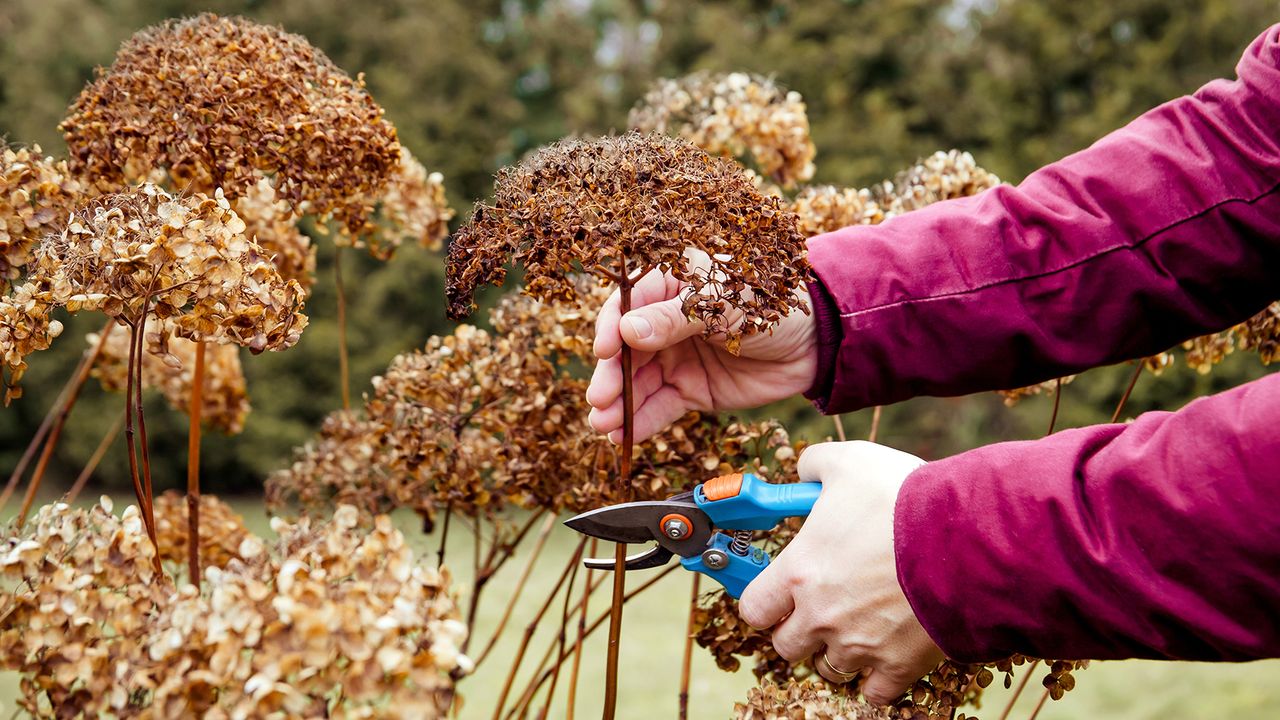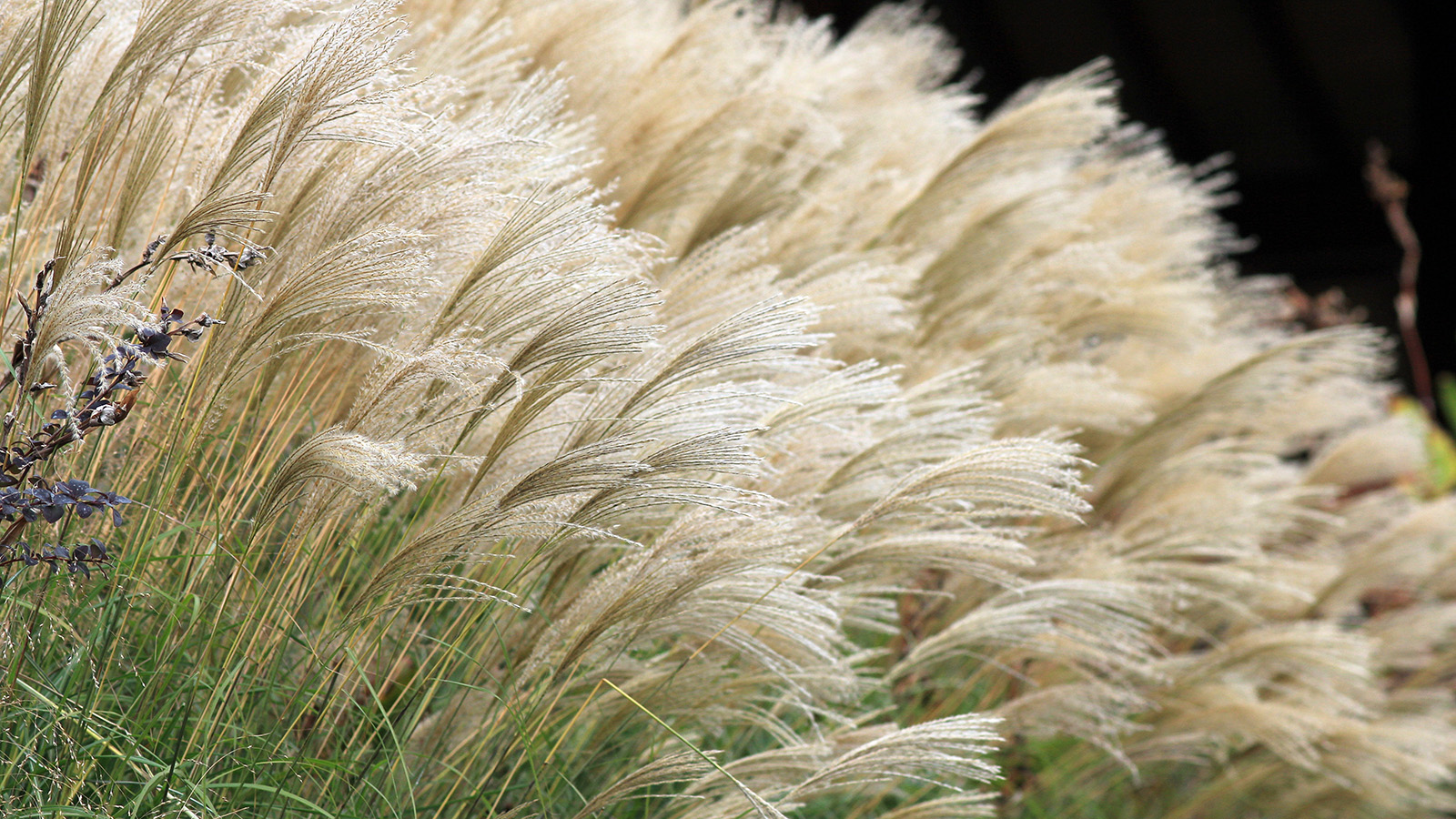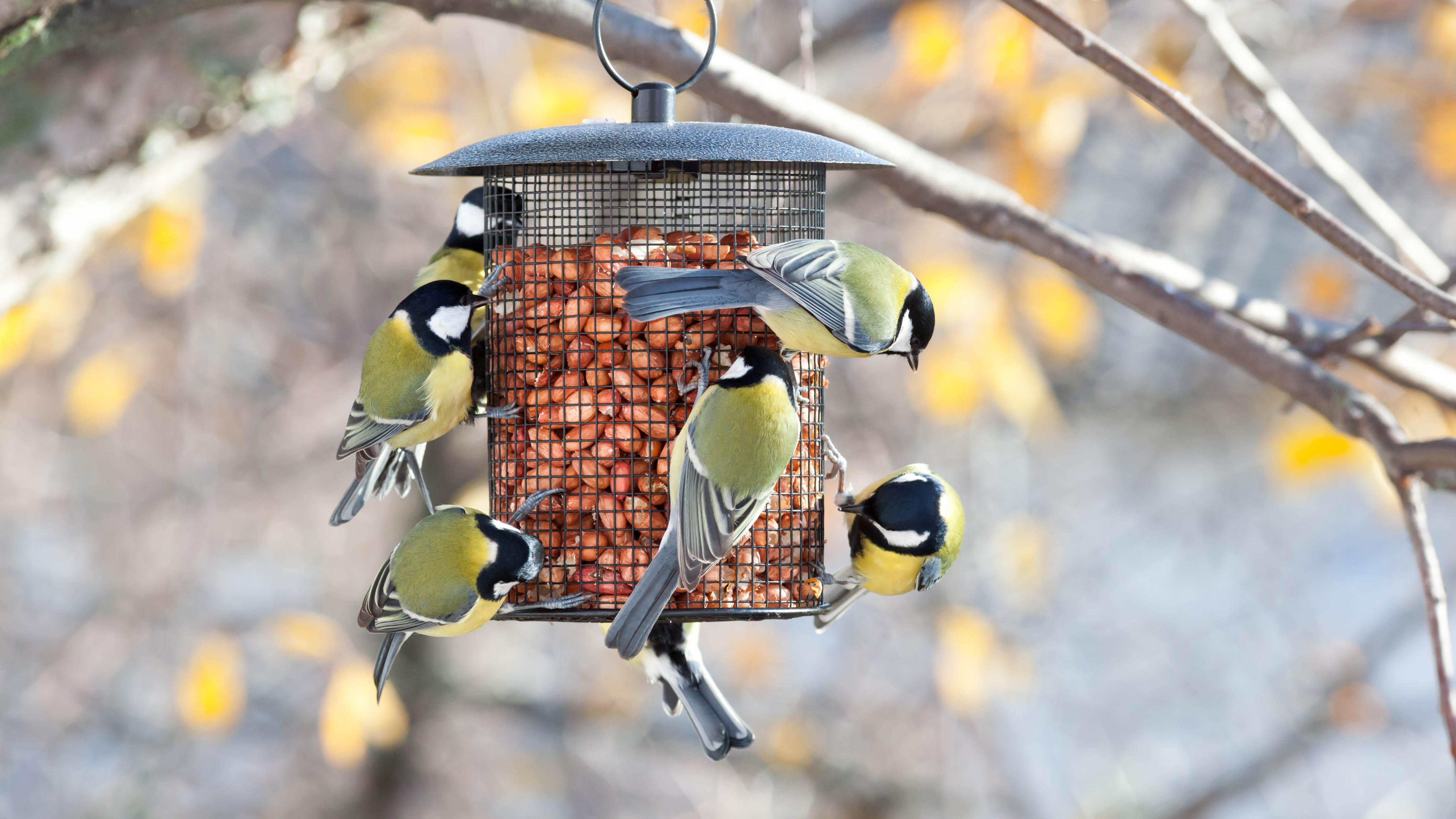
As we enter the winter months, many will break out their pruning shears and deadhead plants that have finished flowering for the year. Not only can this be good for the plants, but it also keeps gardens looking neat and tidy as we prepare for the cooler season.
However, there are some plants that will continue to benefit your yard so long as you leave the seeds in place. According to experts from 123 Flowers, this is one of the golden rules of autumn gardening. The plants in question? Echinacea, sedum, or grasses.
Pollinators will thank you

By not deadheading these plants, not only are you knocking another task off your to-do list, but you're also helping your local wildlife.
"Leaving seed heads on echinacea, sedum or grasses offers double the reward"
At a time when many of us leave seeds out for birds to enjoy, it would not only save you time but also money to leave some of your garden's naturally-occuring seeds in place throughout the fall months.
"Leaving seed heads on echinacea, sedum or grasses offers double the reward," says 123 Flowers. "It gives your garden structure through the autumn, and provides essential food and shelter for birds, bees and other insects."
These crucial pollinators will struggle throughout the winter months, when food is scarce and shelter often hard to find.
"Pollinators are the unsung heroes of your garden," says 123 Flowers. "They help fertilize flowers, fruits and vegetables for the next season, so giving them a helping hand is a must."
Creating a yard where these creatures can thrive will bring you an even better spring and summer, as they flock to your garden to eat unwanted pests and spread seeds.
What else can I do?

Another key tip is to mulch your soil. "After a hot summer, soil is often exhausted - and tired soil means tired flowers," says 123 Flowers. "As soon as the rain arrives, spread a thick layer of organic mulch such as compost, bark or well-rotted manure across your borders and in plant pots."
Now is the ideal time to do this, as it will prepare your garden for the harsher months and allow your plants to bounce back in the spring
"This will help to lock in moisture, feed roots and encourage your late flowering plants to make an appearance."
Follow Tom's Guide on Google News and add us as a preferred source to get our up-to-date news, analysis, and reviews in your feeds. Make sure to click the Follow button!







